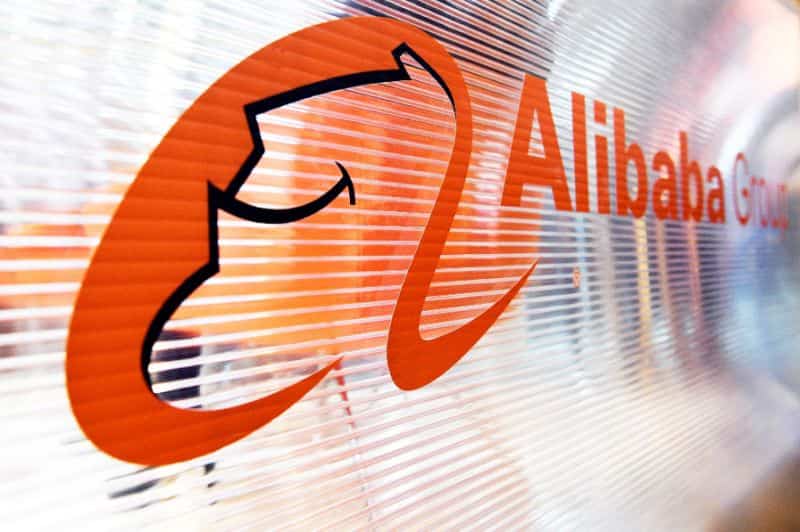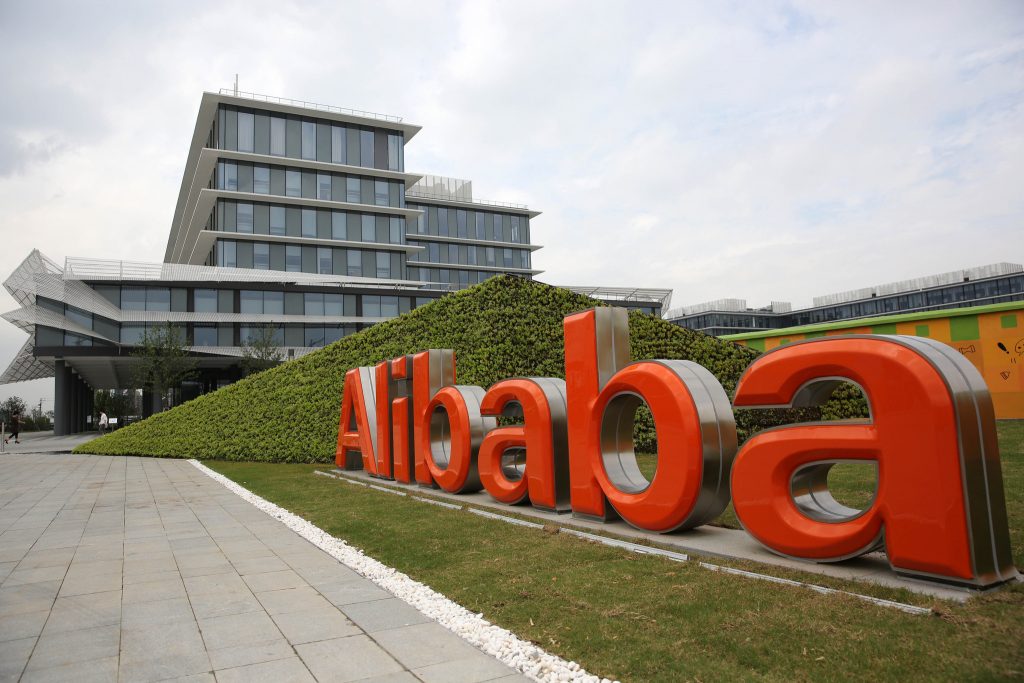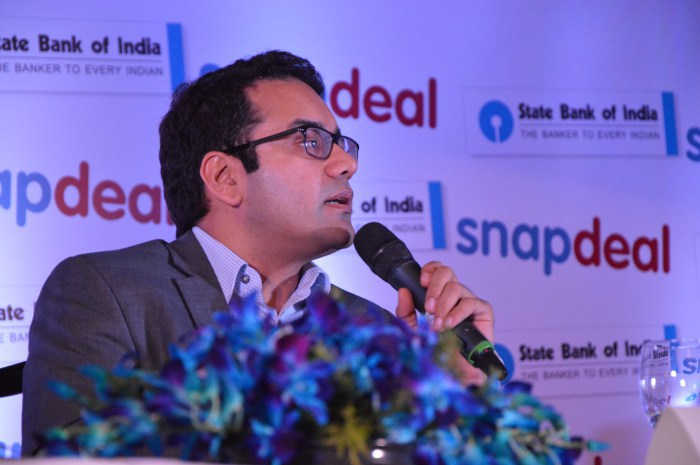Alibaba Seeks to Split Shares to Eight Ahead of a Reported $20B HK Listing
Alibaba, the biggest eCommerce giant from China, is all set for its IPO listing, which the company has filed in Hong Kong. The IPO may take place in Q3 this year, and it is expected that it may raise up to $20 billion, biggest in Hong Kong after 2010.

Reportedly, Alibaba has proposed to split its one ordinary share into eightfold, in order to raise more funds. The company’s single ordinary share stands at 4 billion, and dividing one to eight will make it $32 billion.
Alibaba will be proposing the idea at its annual general meeting to be held on July 15, in Hong Kong. Here, the investors will be asked to vote for in favour or against the proposal, as they would want to. And, if the proposal gets the winning votes, the company will carry out the spilt by July 2020.
“The Board of Directors is proposing the Share Subdivision to increase the flexibility for the Company in future capital market activities. Among other reasons, the one-to-eight share subdivision will increase the number of shares available for issuance at a lower per share price, and the Board of Directors believes that this will increase flexibility in the Company’s capital raising activities, including the issuance of new shares,” stated Alibaba in the filing,explaining the reason behind the splitting up of share.
According to the reports, the company’s board is already in favour of the proposal and just waiting for the investors to poll. The reports also suggest that Alibaba has already submitted its papers for IPO.
The company went for an IPO in 2014 in the U.S. citing the lack of flexibility, as one of the reasons to not to go for Hong Kong for the listing. It was one of the biggest IPOs and had raised $20 billion at that time. But almost two years ago Hong Kong made some relaxation in its listing rules, such that most of the Chinese companies, now, are seeking for filing IPOs in Hong Kong.

Yashica is a Software Engineer turned Content Writer, who loves to write on social causes and expertise in writing technical stuff. She loves to watch movies and explore new places. She believes that you need to live once before you die. So experimenting with her life and career choices, she is trying to live her life to the fullest.









